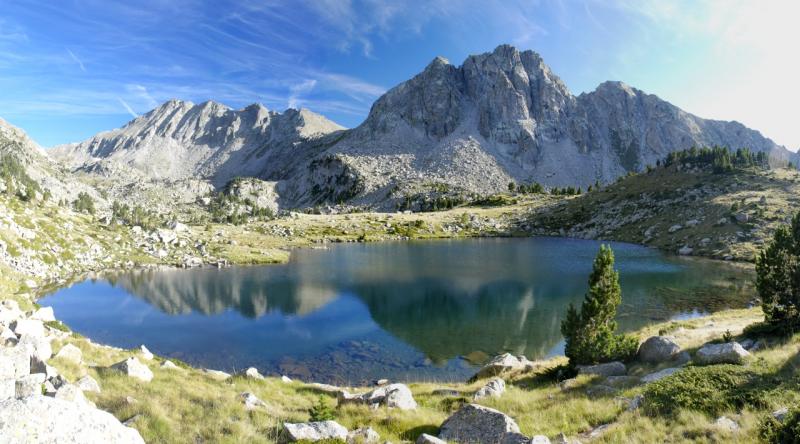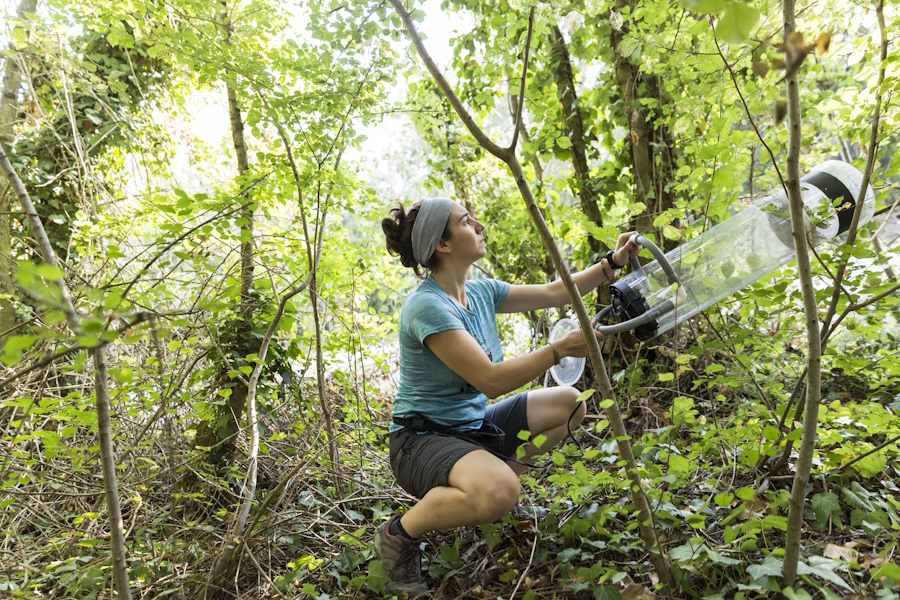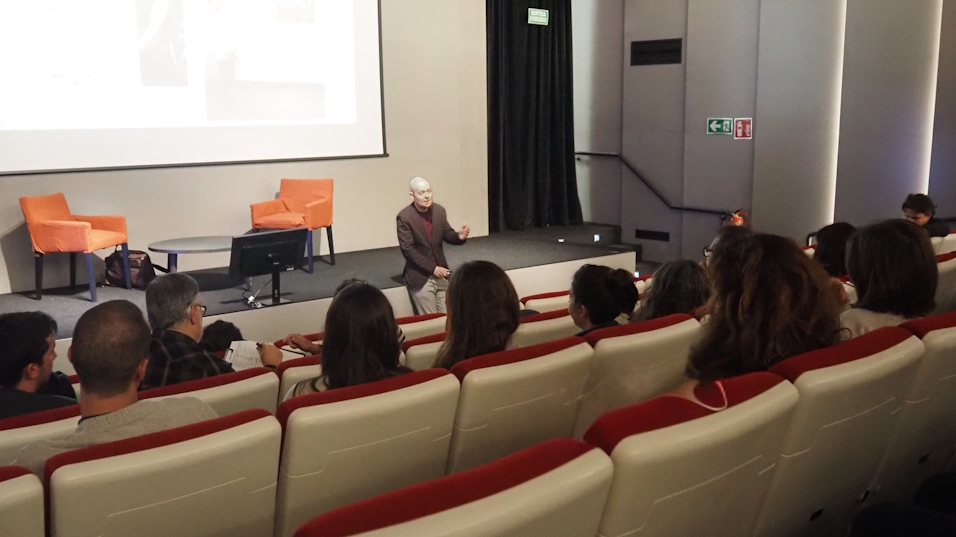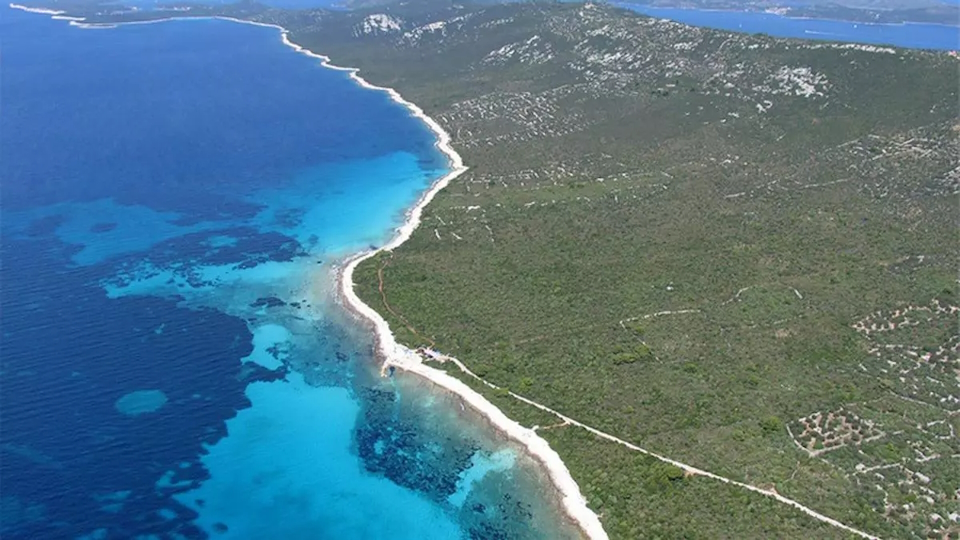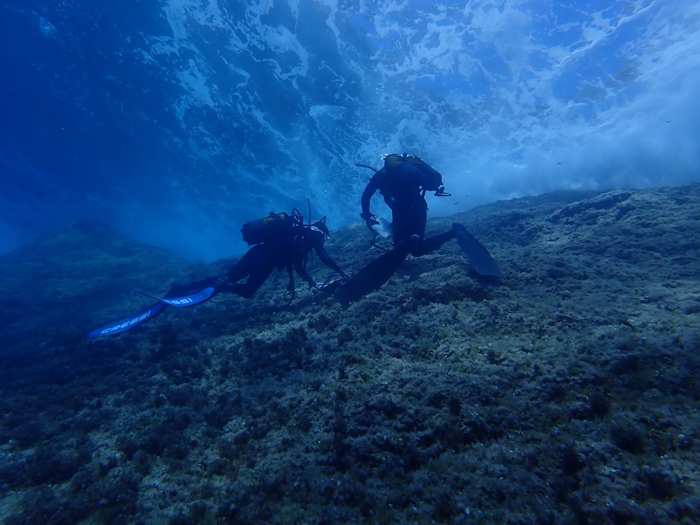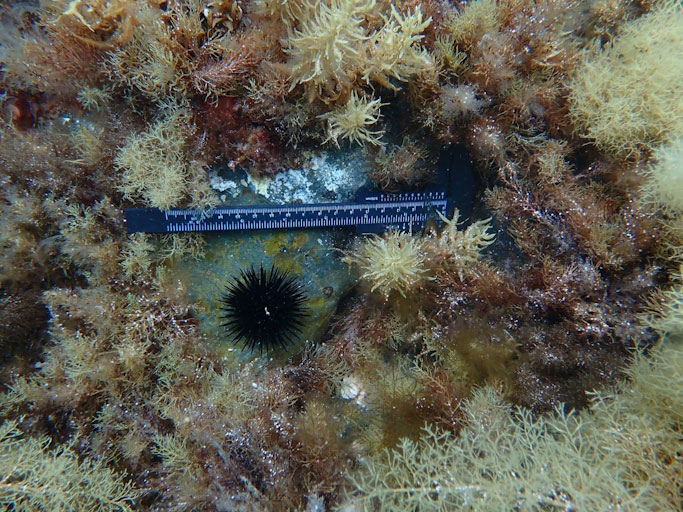Around World Oceans Day, various initiatives are carried out to promote ocean literacy among administrations, businesses, and the general public. One such initiative is the United Nations Ocean Conference, in which CEAB-CSIC researchers participate.
World Oceans Day is celebrated on June 8, aiming to ensure all sectors of society acquire the knowledge and values necessary to act in favor of marine ecosystem conservation. This year’s theme is “Wonder: Sustaining What Sustains Us,” reminding us that seas and oceans are the source of life for humanity and all other organisms on Earth, producing over half of the planet’s oxygen and hosting the greatest biodiversity. It also emphasizes how we are harming them—and the urgent need to change humanity’s relationship with the ocean.
Ocean Conference 2025
The United Nations Ocean Conference (Nice, June 9–13), which is organized to coincide with World Day, brings together governments, organizations, financial institutions, the private sector, civil society, and the scientific community to share knowledge and concrete solutions, build alliances, and adopt the Nice Ocean Action Plan—a declaration with commitments to healthier and more resilient seas.
CEAB-CSIC researchers will take part, contributing to presentations, roundtables, scientific poster sessions, and side events.
Among them is Rafael Sardá, who will speak about the the role of the private sector in relation to ocean stressors such as warming, acidification, overfishing, and pollution. The researcher—whose work earned a Responsible Business Education Award from the Financial Times for its real-world impact on business and institutional practices and who is working in many international projects, like EFFECTIVE—will advocate for a responsible economy that considers the oceanic impact of all activities, including those conducted inland, and rethinks them to ensure ocean protection. Invited by Bax Innovation, he will speak on June 10th about marine infrastructure renaturalization projects such as those being tested at the Port of Barcelona. Among the events the researcher will participate in is the presentation of the Ocean Impact initiative promoted by the One Ocean Foundation.
Another CEAB-CSIC scientist participating in the conference is Jordi Pagès. During the side events on June 10 and 11, it will be presented his work with the Canadian Ocean Literacy Coalition (COLC), which involves collecting the citizen’s knowledge and attitudes towards the ocean, among twelve countries, using surveys designed by the researcher. This international project wants to strenght the ocean literacy among all the citizens, empowering them to demand public policies and drive local actions that foster a healthy ocean-human relationship.
Other Events
Numerous events have been scheduled around World Oceans Day, also featuring CEAB-CSIC professionals.
One such event is the Bluewave Alliance Symposium on June 3, which began with a tribute to researcher Enric “Kike” Ballesteros. The event, held at Barcelona’s Olympic Port, also included talks on marine conservation, such as one by CEAB-CSIC researcher Teresa Alcoverro.
A few days later, on June 7, at the Barcelona’s Maritime Museum, some activities have been scheduled for the Day and as a closing for the exhibition “Marine Invasive Species: The Silent Threat” co-organized by CEAB-CSIC. These family activities will run throughout the morning and include the workshop “Hidden Biodiversity,” led by researcher Jesús Zarcero.
Finally, throughout the week, staff from the Center will participate in other activities led by organizations and municipalities around World Oceans Day, such as the informative talk on underwater forests by CEAB-CSIC researcher Cristina Galobart (Friday 6, Vidreres).
We Are Science. We Are Water. We Are CEAB
Coinciding with World Environment Day (June 5) and World Oceans Day (June 8), CEAB-CSIC has released its new institutional video. The audiovisual offers a brief tour through the Centre, its team, and its ongoing work. The video reflects the Centre’s ongoing commitment to science, to the transfer of knowledge and concrete solutions, and to the promotion of scientific and environmental awareness across all sectors of society—consistently, throughout the year.


